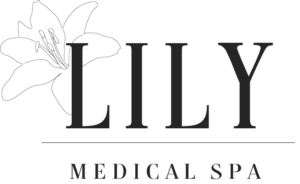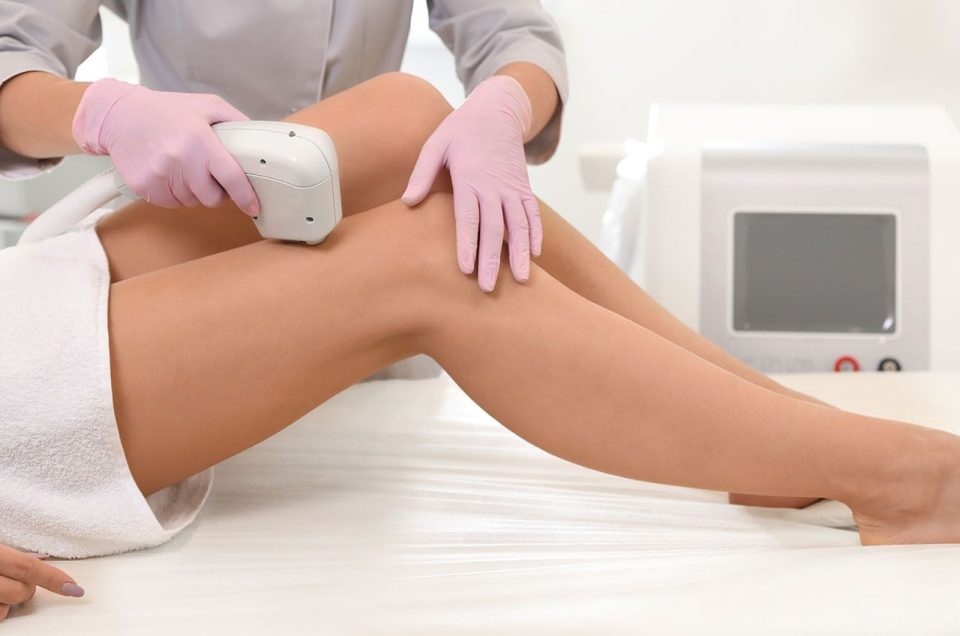Introduction
The pursuit of vibrant and youthful skin has led to the development of diverse skincare treatments, each catering to specific concerns. This guide aims to assist individuals in making informed decisions by comparing two popular options—Photofacial and Laser Treatment. By understanding their differences, benefits, and considerations, individuals can tailor their skincare journey to meet their unique needs and beauty goals.
I. Understanding Photofacial
1.1 Mechanism of Action
Photofacial, or Intense Pulsed Light (IPL) therapy, utilizes broad-spectrum light to target pigmentation irregularities, redness, and signs of aging. The light penetrates the skin, addressing melanin and hemoglobin concerns, resulting in a more even skin tone and texture.
1.2 Ideal Skin Concerns
Effective in addressing sunspots, age spots, redness, broken capillaries, and uneven skin tone, Photofacial is particularly beneficial for individuals seeking comprehensive skin rejuvenation.
II. Exploring Laser Treatment
2.1 Mechanism of Action
Laser treatment employs focused and amplified light to target specific skin concerns. Depending on the type of laser used, it can address issues such as wrinkles, fine lines, scars, pigmentation, and unwanted hair by delivering precise energy to targeted areas.
2.2 Ideal Skin Concerns
Versatile in its application, laser treatment is commonly used for skin resurfacing, wrinkle reduction, scar revision, pigmentation correction, and hair removal.
III. Key Differences Between Photofacial and Laser Treatment
3.1 Light Spectrum and Targets
Photofacial uses a broad spectrum of light, targeting both melanin and hemoglobin. In contrast, laser treatment utilizes specific wavelengths that can be adjusted to target different skin issues.
3.2 Depth of Treatment
While Photofacial primarily targets the epidermis and superficial dermis, making it gentler with minimal downtime, laser treatment can penetrate deeper, potentially requiring more recovery time.
VI. Choosing the Right Treatment: Factors to Consider
6.1 Skin Concerns and Goals
Consider specific skin concerns and desired outcomes. Photofacial may be ideal for overall skin rejuvenation, while laser treatment can provide targeted solutions for specific issues.
6.2 Skin Type and Sensitivity
Dark skin tones may need to be cautious with certain laser treatments, making Photofacial a potentially safer option. Consider tolerance for downtime and recovery.
VII. Professional Guidance and Consultation
7.1 Qualified Practitioners
Ensure both Photofacial and laser treatments are performed by qualified skincare professionals with the necessary credentials and experience.
7.2 Individualized Treatment Plans
A professional consultation is crucial for determining the most suitable treatment plan, tailored to individual skin type, concerns, and goals.
VIII. Conclusion
In conclusion, the choice between Photofacial and laser treatment hinges on individual needs, goals, and tolerance for downtime. Both options offer effective solutions for achieving radiant and rejuvenated skin. By understanding their differences and consulting with qualified skincare professionals, individuals can embark on a skincare journey that aligns with their unique aspirations for vibrant and youthful skin.

